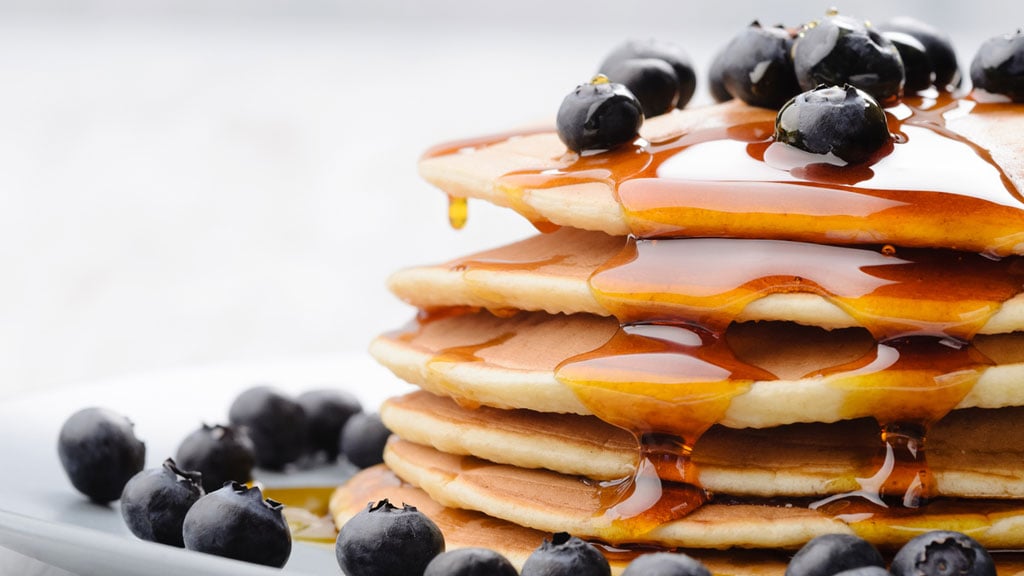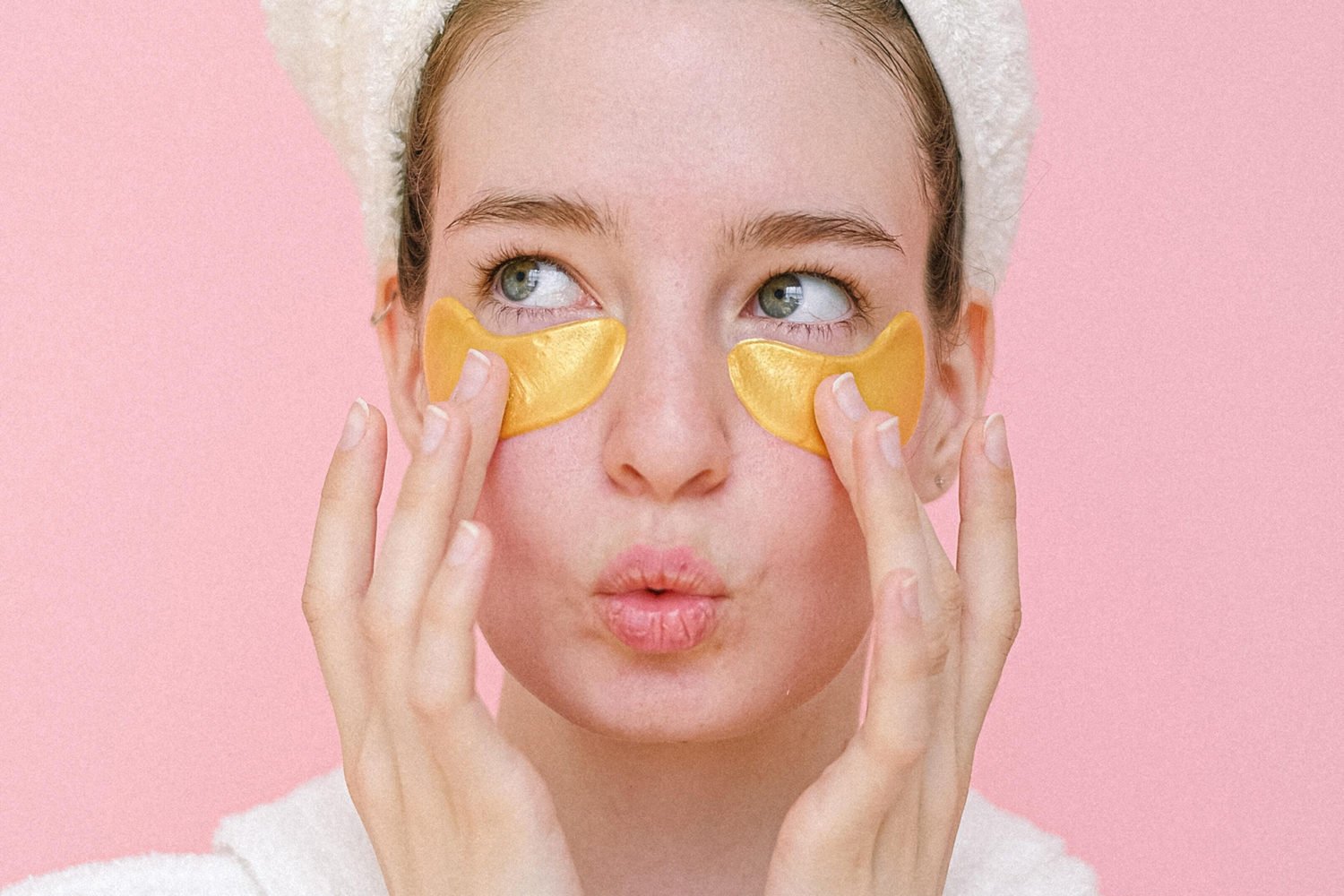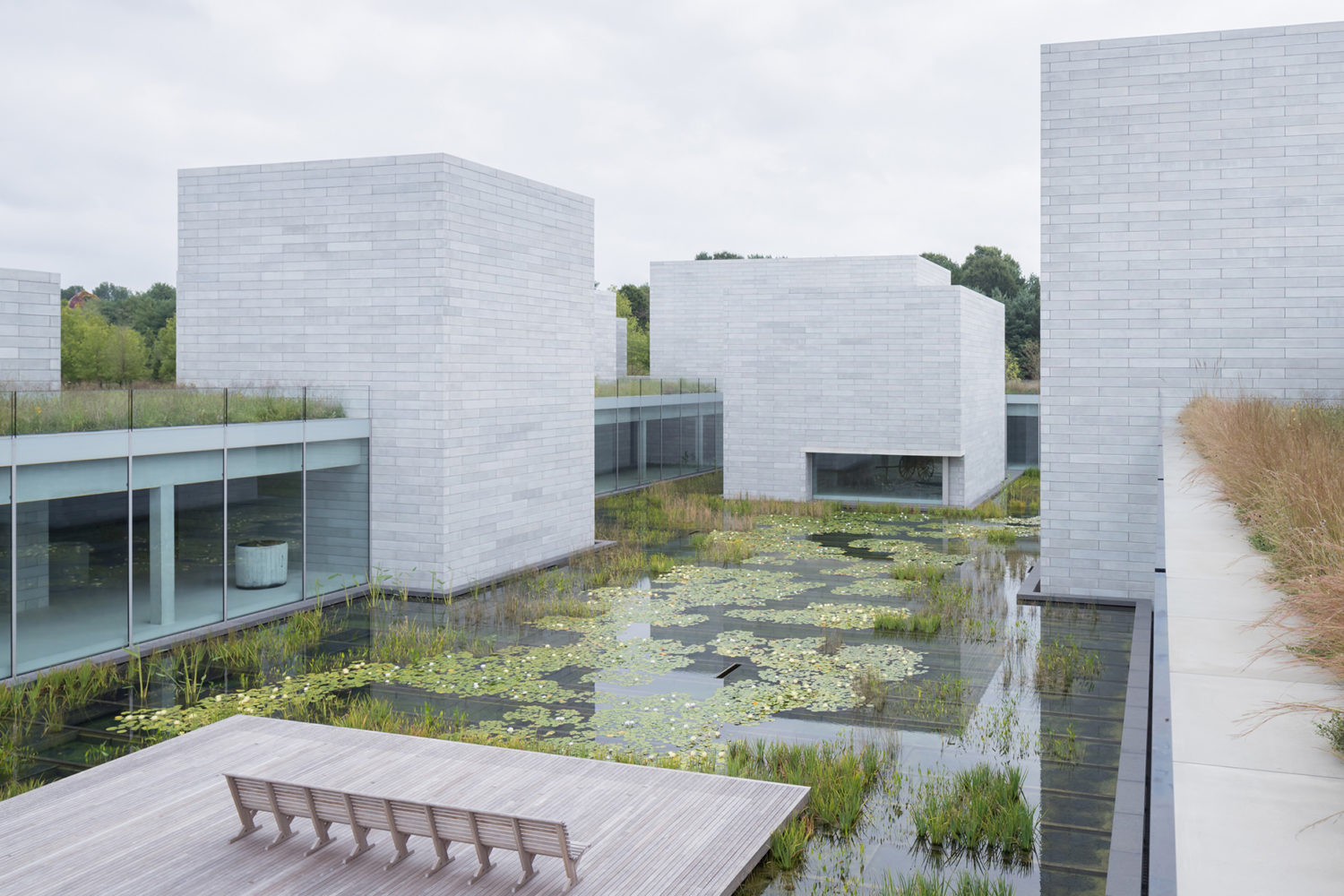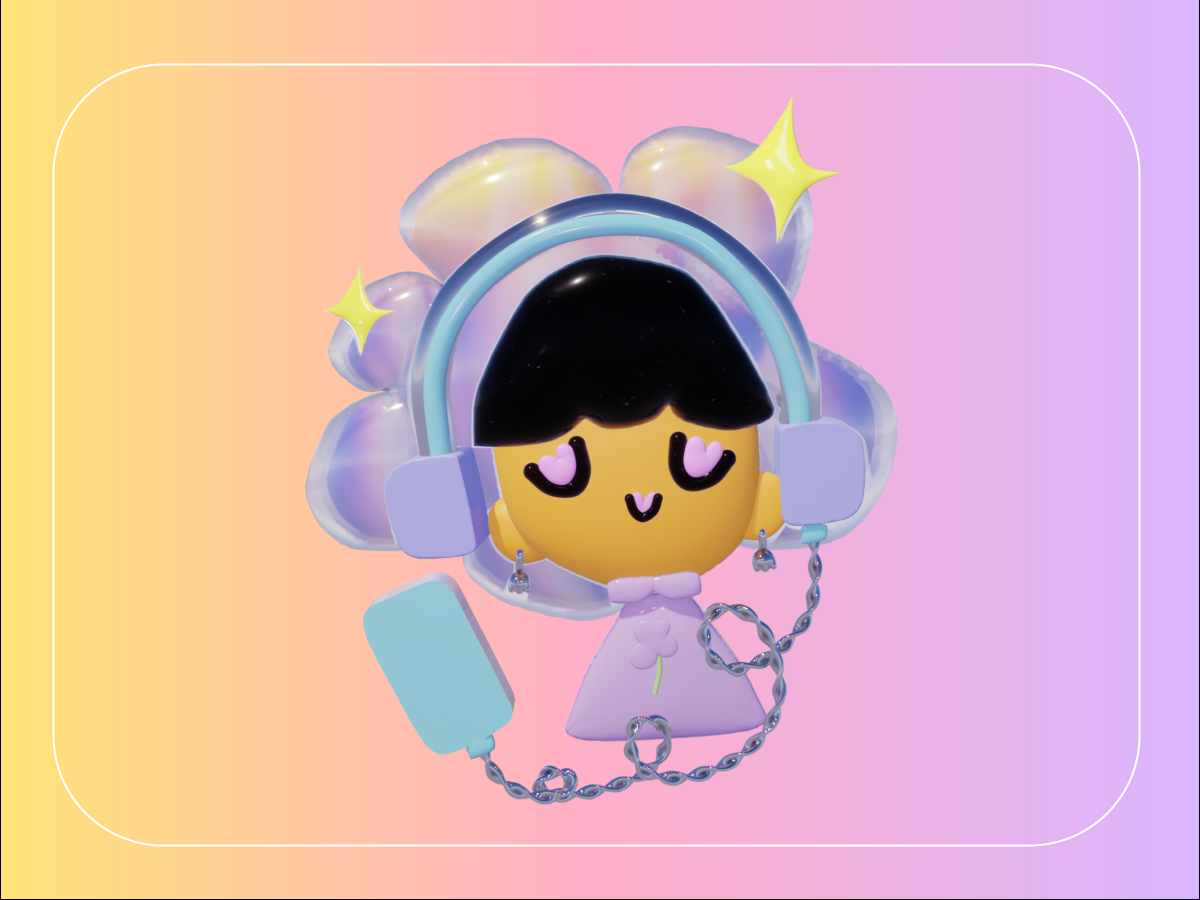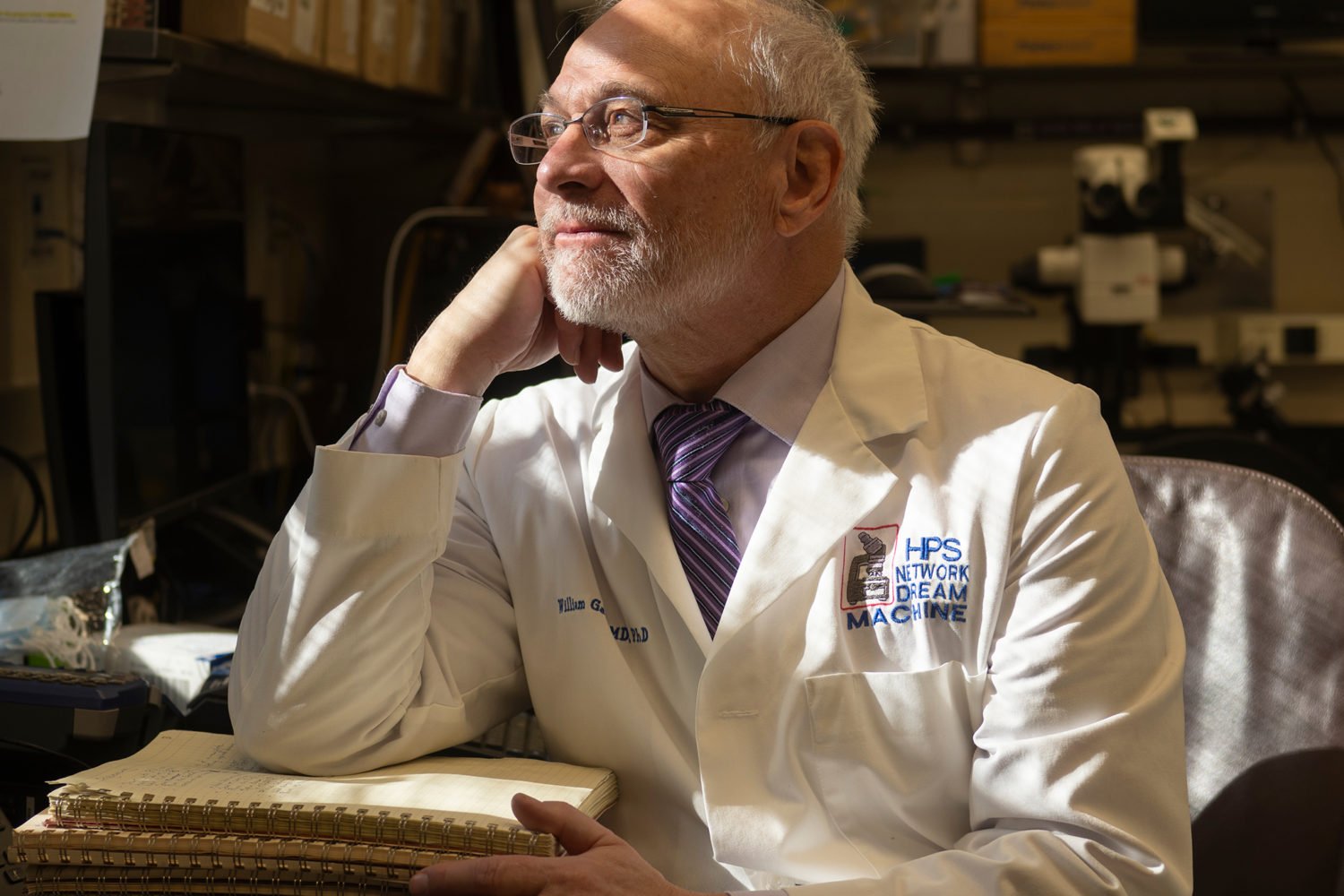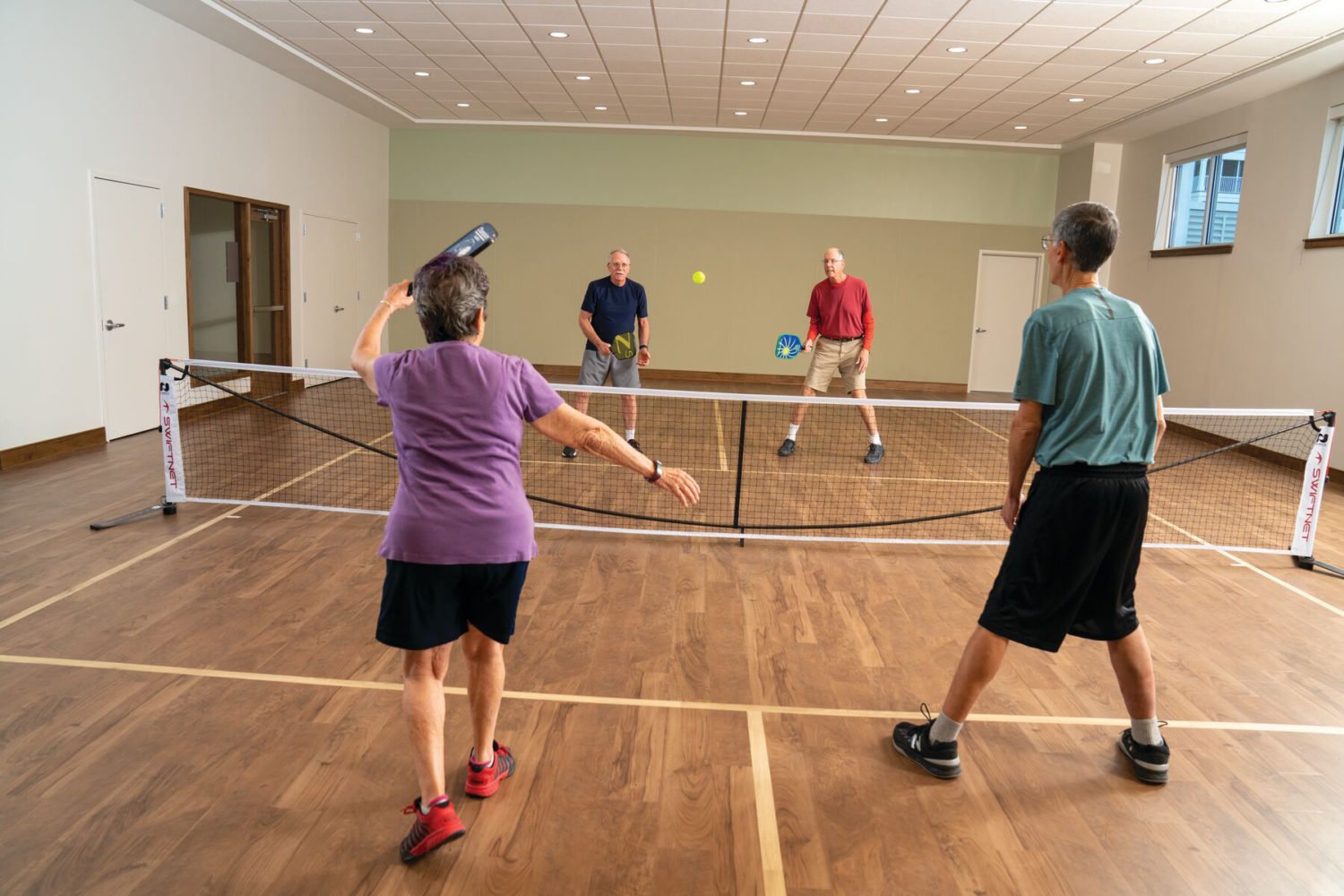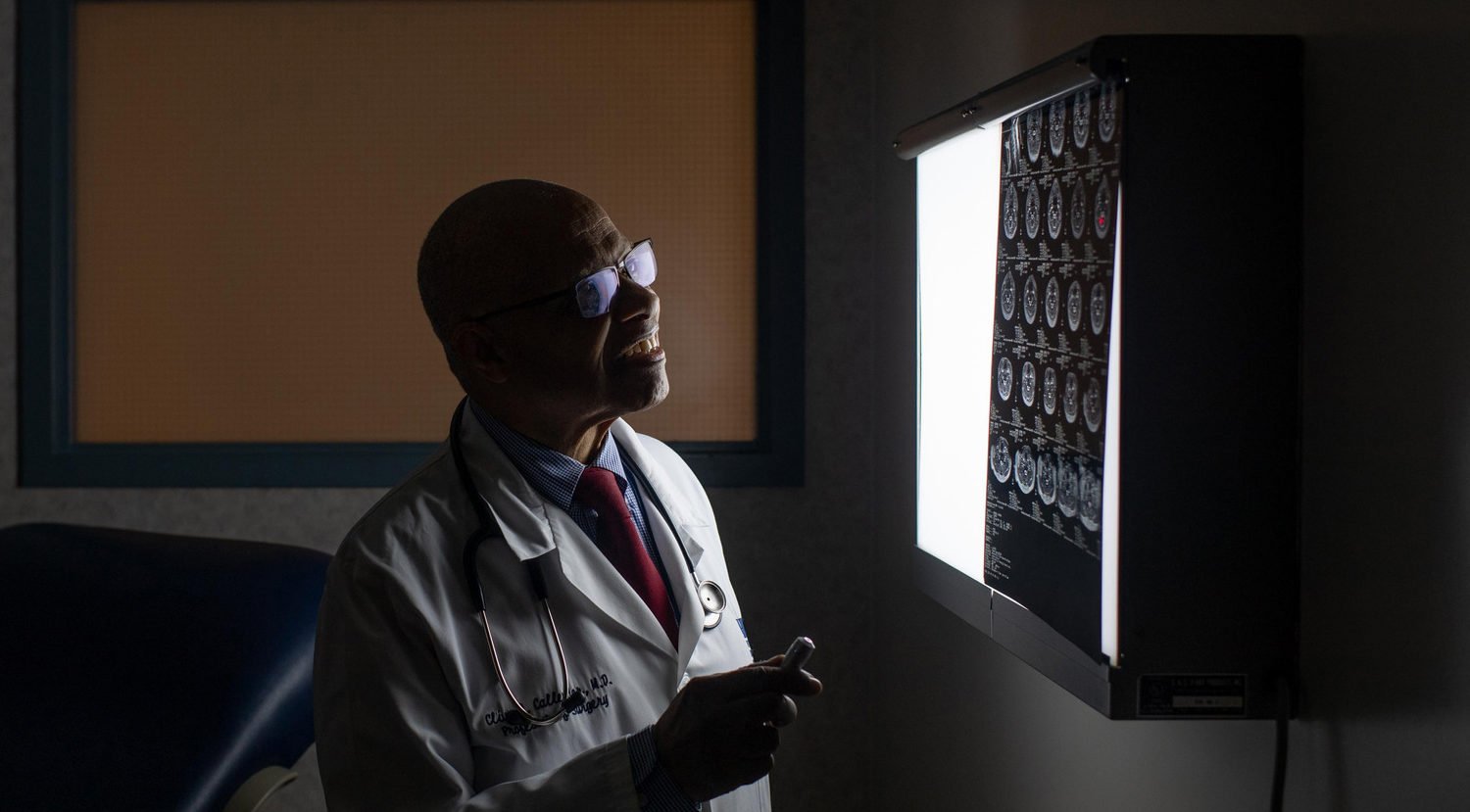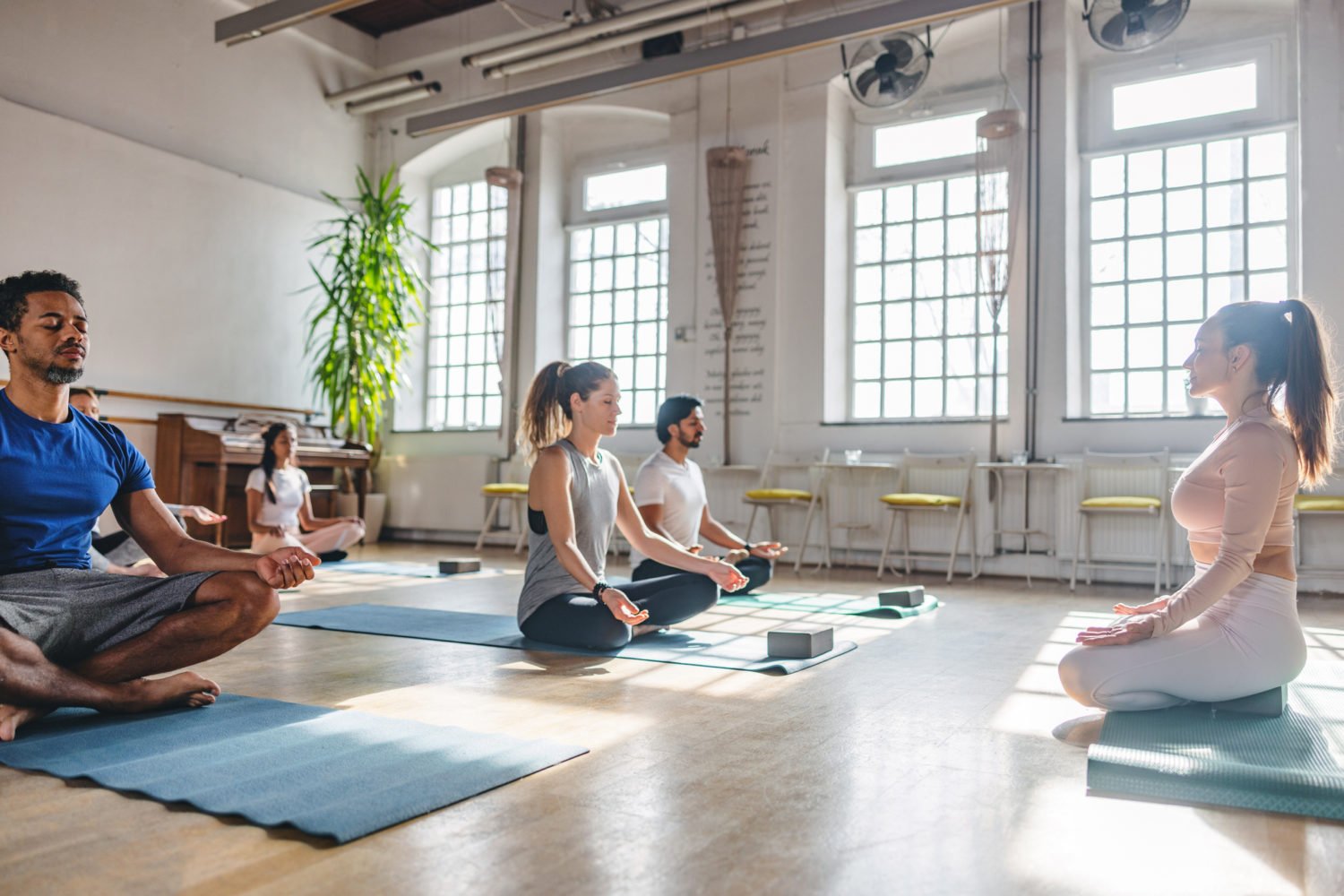You’d think nothing goes together better than maple syrup and pancakes, but recent research shows there may be a new winning combo: maple syrup and antibiotics. Brand-new, exploratory research performed by—you’ll never guess—a professor in Canada has shown promise in how maple syrup extracts can boost the performance of antibiotics.
The research—which is still in early phases and hasn’t yet been published in a paper—was presented by Nathalie Tufenkji, a professor at McGill University in Montreal, on April 3 at the American Chemical Society’s 253rd National Meeting & Exposition. Tufenkji explained to the audience that the maple syrup extracts containing phenolic molecules can be used to help antibiotics attack bacteria.
“A few years ago, we reported that the phenolic extracts from maple syrup had antibiotic synergy, so they were able to synergize with antibiotics in such a way that you could use a lot less antibiotics to get the same kill effect of bacteria,” Tufenkji explained. “We did this with several different bacteria and essentially we had found that these phenolic compounds made it easier for antibiotics to get inside the bacteria…so the antibiotics had more of an effect.”
Since making this discovery, Tufenkji described how she’s been able to test this effect—combining antibiotics with the maple syrup extracts—on fruit flies and moth larvae and saw that the insects that had antibiotics plus the maple syrup extract live several days longer than those that were only given antibiotics. Currently, the researchers are testing it on mice.
Though it’s probably still years away from potential human use, the way the maple syrup extracts work could have an effect on how we look at the future of “superbugs.” Superbugs are created when bacteria encounters antibiotics and then evolves to become resistant to the antibiotic drugs. In February, the World Health Organization released a list of the top 12 superbugs they’re running out of ways to treat. If the maple syrup extract continues to boost the effects of antibiotics in future studies, however, it could help with the superbug problem—especially since Tufenkji says it’s unlikely the bacteria would become resistant to the maple syrup.
“The [maple syrup] extract alone does not kill the bacteria. It’s essentially harmless to the bacteria. So in that sense, it’s very interesting because the bacteria are potentially less likely to develop resistance to a group of molecules that are not harming them,” Tufenkji said at the conference. “Really what these molecules from the maple syrup are doing is facilitating the job of the antibiotics.”
Because the research so far shows that the maple syrup helps the antibiotics to work better, it could mean that in the future we wouldn’t need to use as many antibiotics. At the American Chemical Society conference, Tufenkji told the audience that they’ve so far seen a 50 to 97 percent decrease in the amount of antibiotics needed to kill certain bacterias.
But if you’re reading this and all you’re hearing is, “Great, now I can eat more pancakes,” not so fast: Tufenkji said that she doesn’t see the research recommending people eat more maple syrup in the future. Rather, the phenolic molecules would be extracted from the maple syrup and likely taken in pill form.
“We wouldn’t necessarily take maple syrup with our antibiotics because the syrup itself has water and sugar, so these molecules are found in lower concentrations of course in the syrup,” said Tufenkji. “We are actually isolating these molecules and using them in a concentrated fashion with the antibiotics, so the way I envision it is either these phenolic molecules will be combined with the antibiotic pill or it will be a separate pill that you will take with your antibiotic pill.”
To see Tufenkji’s presentation at the American Chemical Society conference, check out the video here.

